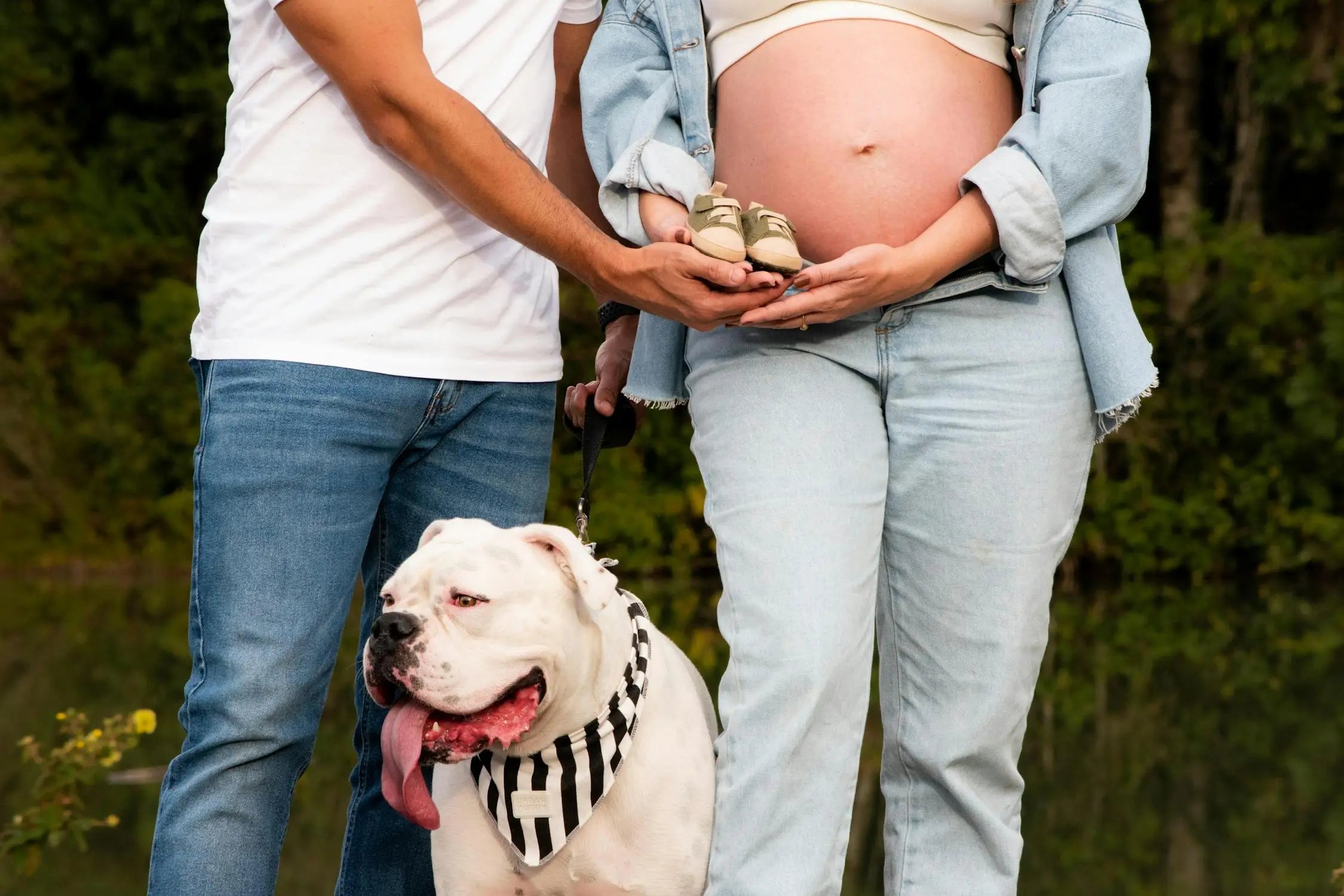Accueil
Pregnancy, Breastfeeding, and Pumping: The Ultimate Guide for Moms
When to Do Pregnancy Test After Ovulation: A Comprehensive Guide

When to Do Pregnancy Test After Ovulation: A Comprehensive Guide
Deciding when to take a pregnancy test after ovulation can be a nerve-wracking experience for many women. The anticipation, the hope, and the fear of disappointment all come into play. Understanding the science behind ovulation, conception, and the detection of pregnancy hormones can help you make an informed decision and reduce unnecessary stress. This article will guide you through the process, ensuring you know exactly when to take that crucial test.
Understanding Ovulation and Conception
Ovulation is the process where an egg is released from the ovary, typically occurring around the middle of a woman's menstrual cycle. This is the most fertile period, and conception is most likely to happen if intercourse occurs during this time. After ovulation, the egg travels down the fallopian tube, where it can be fertilized by sperm. If fertilization occurs, the fertilized egg will implant itself into the uterine lining, marking the beginning of pregnancy.
The Role of hCG in Pregnancy Detection
Human Chorionic Gonadotropin (hCG) is a hormone produced by the placenta after implantation. This hormone is crucial for maintaining pregnancy and is the key marker detected by pregnancy tests. The levels of hCG increase rapidly in the early stages of pregnancy, doubling approximately every 48 to 72 hours. However, it takes time for hCG to reach detectable levels in urine or blood, which is why timing is essential when taking a pregnancy test.
When to Take a Pregnancy Test After Ovulation
The timing of a pregnancy test after ovulation depends on several factors, including the length of your menstrual cycle, the regularity of your ovulation, and the sensitivity of the test you are using. Here are some general guidelines:
1. Wait for the Right Time
It is generally recommended to wait at least 10 to 14 days after ovulation before taking a pregnancy test. This allows enough time for the fertilized egg to implant and for hCG levels to rise to detectable levels. Testing too early can result in a false negative, leading to unnecessary disappointment.
2. Consider the Length of Your Cycle
If you have a regular 28-day menstrual cycle, ovulation typically occurs around day 14. In this case, you should wait until day 28 (the expected start of your next period) to take a pregnancy test. For those with longer or irregular cycles, it may be necessary to wait a few extra days to ensure accurate results.
3. Use a Sensitive Test
Some pregnancy tests are more sensitive than others and can detect lower levels of hCG. If you are eager to test early, consider using a highly sensitive test. However, even with a sensitive test, it is still advisable to wait at least 10 days after ovulation to minimize the risk of a false negative.
Factors That Can Affect Test Results
Several factors can influence the accuracy of a pregnancy test, including:
1. Timing of Implantation
Implantation can occur anywhere from 6 to 12 days after ovulation. If implantation happens later in this window, hCG levels may not be detectable until a few days after you expect your period. This can lead to a false negative if you test too early.
2. Urine Concentration
The concentration of hCG in your urine can vary depending on how much fluid you have consumed. For the most accurate results, it is recommended to take the test first thing in the morning when your urine is most concentrated.
3. Medications and Medical Conditions
Certain medications and medical conditions can affect hCG levels and potentially lead to false positives or negatives. If you are taking any medications or have a medical condition that could impact your test results, consult with your healthcare provider for guidance.
Tips for Accurate Testing
To ensure the most accurate results when taking a pregnancy test after ovulation, consider the following tips:
1. Follow the Instructions Carefully
Each pregnancy test comes with specific instructions. Make sure to read and follow them carefully to avoid any errors that could affect the result.
2. Use a Timer
Most pregnancy tests require a specific amount of time to develop the result. Using a timer can help ensure that you read the result within the recommended time frame, reducing the risk of misinterpretation.
3. Confirm with a Second Test
If you receive a positive result, it is a good idea to confirm it with a second test a few days later. This can help ensure that the result is accurate and not a false positive.
What to Do After a Positive Test
If your pregnancy test is positive, it is important to take the next steps to ensure a healthy pregnancy. Schedule an appointment with your healthcare provider to confirm the pregnancy and begin prenatal care. Your provider can also offer guidance on lifestyle changes, prenatal vitamins, and other important considerations for a healthy pregnancy.
What to Do After a Negative Test
If your pregnancy test is negative but you still suspect you might be pregnant, consider waiting a few more days and testing again. If you continue to receive negative results and your period does not arrive, consult with your healthcare provider to rule out any underlying issues that could be affecting your menstrual cycle.
Knowing when to take a pregnancy test after ovulation can make all the difference in getting an accurate result. By understanding the science behind conception and hCG, considering the factors that can affect test results, and following best practices for testing, you can approach this important moment with confidence. Whether you are hoping for a positive result or preparing for the next steps, being informed is your best tool for navigating this exciting and sometimes uncertain journey.
Partager
